Zuckerberg's Strategies In The Age Of Trump
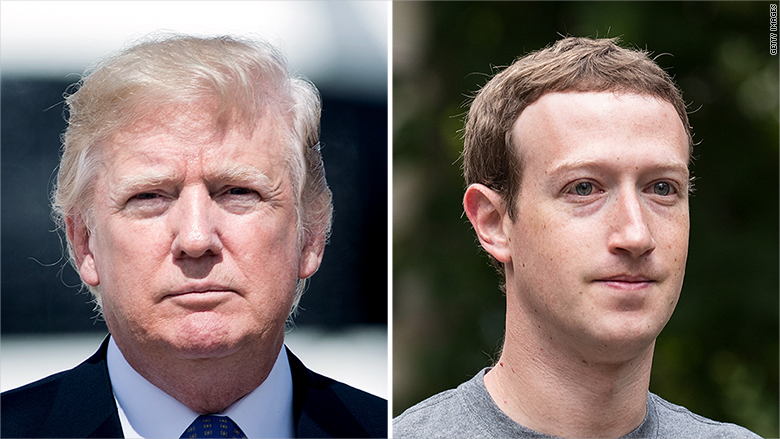
Table of Contents
Content Moderation and the Spread of Misinformation
The Dilemma of Free Speech vs. Harmful Content
One of the most significant challenges Facebook faced during the Trump presidency was balancing its commitment to free speech with the proliferation of misinformation and hate speech on its platform. The rapid spread of "fake news," conspiracy theories, and divisive rhetoric posed a considerable threat to democratic processes and social cohesion. This dilemma forced Facebook to constantly refine its content moderation strategies.
- Examples of controversial content and Facebook's responses: The platform grappled with posts promoting violence, spreading false information about elections, and inciting hatred against specific groups. Facebook's responses, often reactive and inconsistent, drew criticism from various quarters.
- The evolving strategies for content moderation, including algorithm adjustments and human review: Facebook invested heavily in artificial intelligence to detect and remove harmful content, while also increasing its human moderation workforce. However, these efforts proved insufficient in preventing the spread of misinformation.
- Criticism of Facebook's approach from various stakeholders (politicians, activists, users): Politicians, activists, and users alike criticized Facebook's inconsistent application of its policies, its slow response to harmful content, and its perceived bias in content moderation.
- The impact of political advertising regulations on Facebook’s strategies: The increasing scrutiny of political advertising forced Facebook to implement stricter regulations on political ads, aiming to increase transparency and reduce foreign interference. This significantly impacted Facebook's revenue streams and its approach to political campaigning.
Political Advertising and Campaign Influence
Transparency and Accountability in Political Ads
The Trump presidency highlighted the significant influence of political advertising on social media platforms. Facebook became a battleground for political campaigns, raising concerns about the transparency of ad spending, targeting practices, and the potential for foreign interference.
- The role of political ads in shaping public opinion during the Trump presidency: Political ads on Facebook played a substantial role in shaping public opinion, particularly through micro-targeting strategies that allowed campaigns to reach specific demographics with tailored messages.
- Facebook's efforts to increase transparency in political ad spending and targeting: In response to criticism, Facebook introduced initiatives aimed at increasing transparency, including requiring disclosure of ad spenders and providing users with more information about the ads they see.
- Controversies surrounding the use of micro-targeting and data privacy: The use of micro-targeting, which allows campaigns to precisely target specific groups based on their personal data, generated significant concerns about data privacy and the potential for manipulation.
- Regulatory pressures and changes in advertising policies: Growing regulatory pressure from governments around the world forced Facebook to make significant changes to its advertising policies, further impacting its business model and approach to political advertising.
Responding to Government Scrutiny and Regulation
Navigating Congressional Hearings and Investigations
Zuckerberg faced intense government scrutiny during the Trump era, including numerous appearances before Congress to answer questions about Facebook's practices. These hearings highlighted the growing concerns about the platform's role in society and the need for greater regulation.
- Key criticisms leveled against Facebook during congressional hearings: Key criticisms focused on Facebook's handling of misinformation, its data privacy practices, its role in foreign interference in elections, and its lack of transparency.
- Facebook's responses and strategies for mitigating regulatory risks: Facebook responded to these criticisms by implementing new policies, investing in improved technology, and engaging in lobbying efforts to shape regulations.
- The impact of potential legislation on Facebook's operations: The threat of increased regulation significantly impacted Facebook's operations, forcing the company to adapt its business model and prioritize compliance.
- Zuckerberg's public image and its influence on the company's response to scrutiny: Zuckerberg's public image, often perceived as defensive and unconvincing during congressional hearings, influenced the company's broader response to scrutiny.
Shifting Public Perception and Brand Reputation
Managing Public Relations in a Polarized Environment
The controversies surrounding Facebook during the Trump presidency significantly impacted its public image and brand reputation. The company faced criticism from across the political spectrum, creating a challenging environment for managing public relations.
- The impact of controversies on Facebook's brand reputation: The numerous controversies surrounding Facebook damaged its reputation, leading to decreased trust and a decline in user engagement in certain segments.
- Facebook's public relations strategies, including damage control and community engagement initiatives: Facebook implemented various public relations strategies to mitigate the damage, including damage control efforts, community engagement initiatives, and attempts to showcase positive aspects of the platform.
- The evolution of Facebook's messaging around its role in society: Facebook's messaging around its role in society evolved significantly, moving from a focus on connection to a greater emphasis on responsibility and accountability.
- The long-term effects of the Trump era on Facebook's public perception: The Trump era left a lasting impact on Facebook's public perception, forcing the company to grapple with issues of trust, misinformation, and its responsibility in shaping public discourse.
Conclusion
Zuckerberg's strategies during the Trump presidency involved a complex interplay of content moderation, political advertising regulation, responses to government scrutiny, and public relations management. While some initiatives aimed at increasing transparency and accountability showed progress, the challenges related to misinformation, foreign interference, and the balancing of free speech with harmful content remain significant. The Trump era highlighted the ongoing struggle for social media platforms to navigate the complex relationship between technology, politics, and public discourse. These challenges continue to shape Zuckerberg's strategies and the future of social media. Continue the conversation on Zuckerberg's strategies in navigating the complexities of the digital age by leaving a comment below.

Featured Posts
-
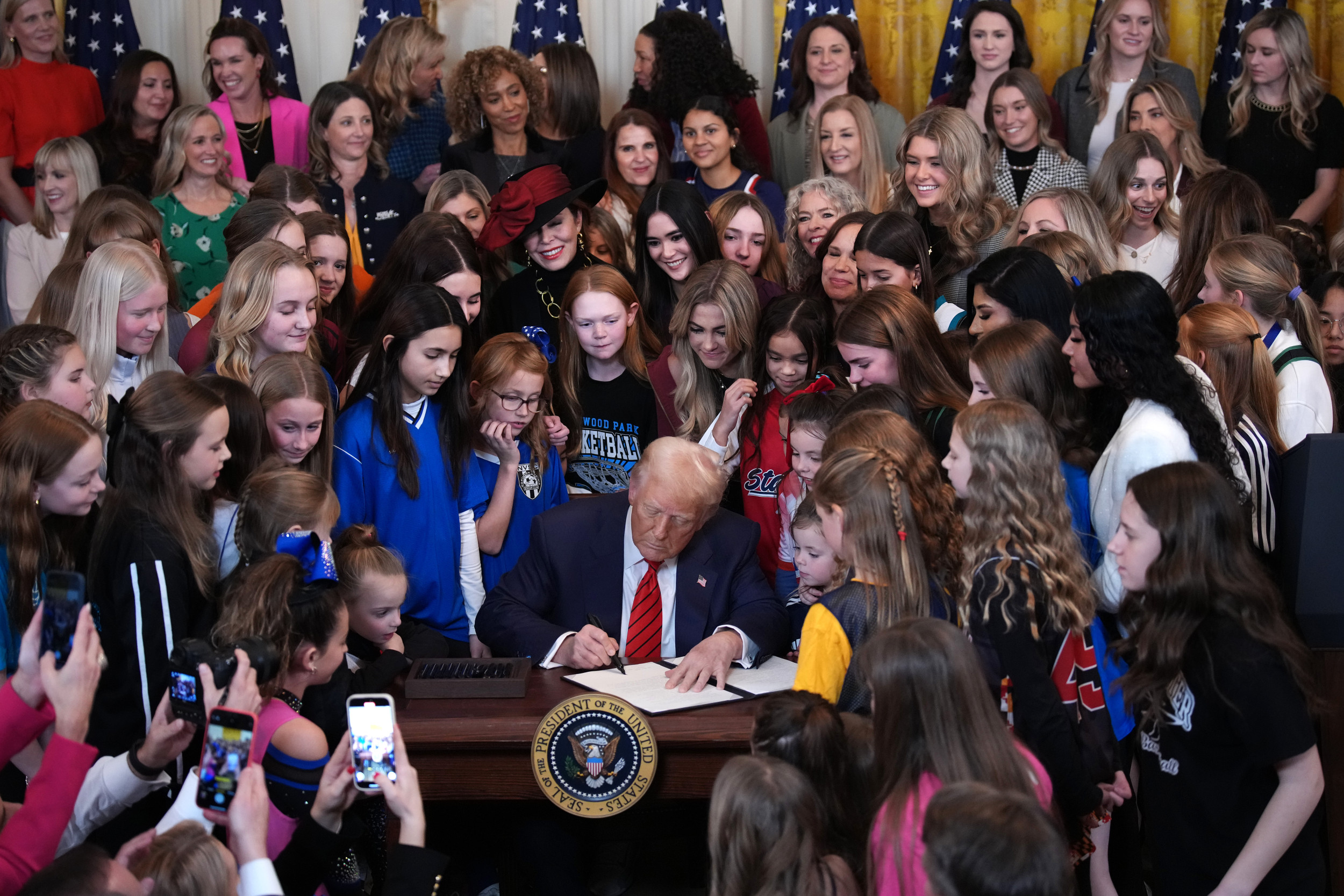 Executive Orders And The Transgender Community Your Stories Matter
May 10, 2025
Executive Orders And The Transgender Community Your Stories Matter
May 10, 2025 -
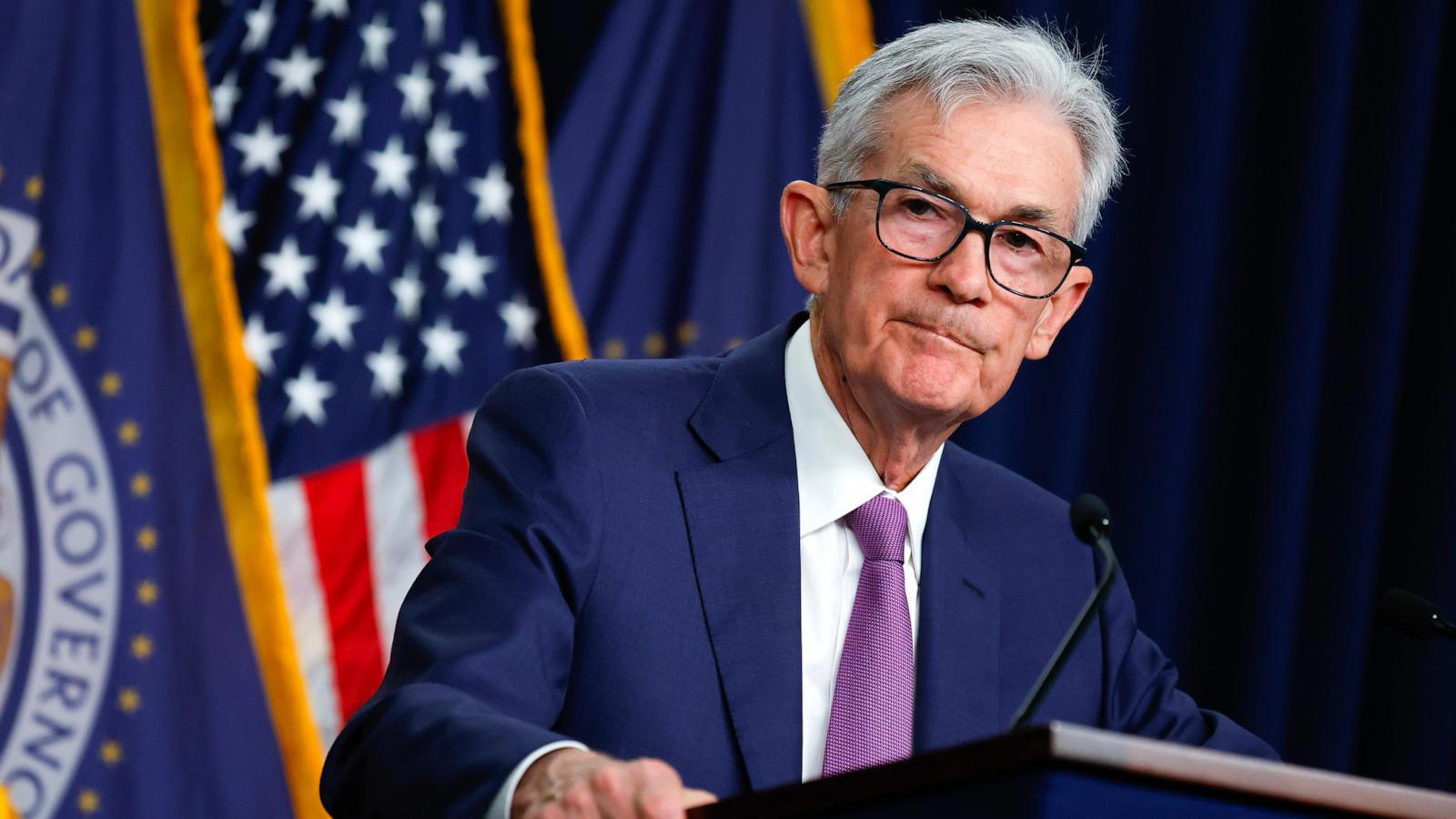 The Feds Decision Holding Interest Rates Steady In Face Of Economic Uncertainty
May 10, 2025
The Feds Decision Holding Interest Rates Steady In Face Of Economic Uncertainty
May 10, 2025 -
 Microsoft And Asus Xbox Handheld Leaked Images Surface Online
May 10, 2025
Microsoft And Asus Xbox Handheld Leaked Images Surface Online
May 10, 2025 -
 Understanding The Value Proposition Of Middle Managers In Todays Workplace
May 10, 2025
Understanding The Value Proposition Of Middle Managers In Todays Workplace
May 10, 2025 -
 Hollywood Shut Down Writers And Actors Strike Impacts Film And Television
May 10, 2025
Hollywood Shut Down Writers And Actors Strike Impacts Film And Television
May 10, 2025
Latest Posts
-
 Disney Parks And Streaming Boost Profits Raising Future Expectations
May 10, 2025
Disney Parks And Streaming Boost Profits Raising Future Expectations
May 10, 2025 -
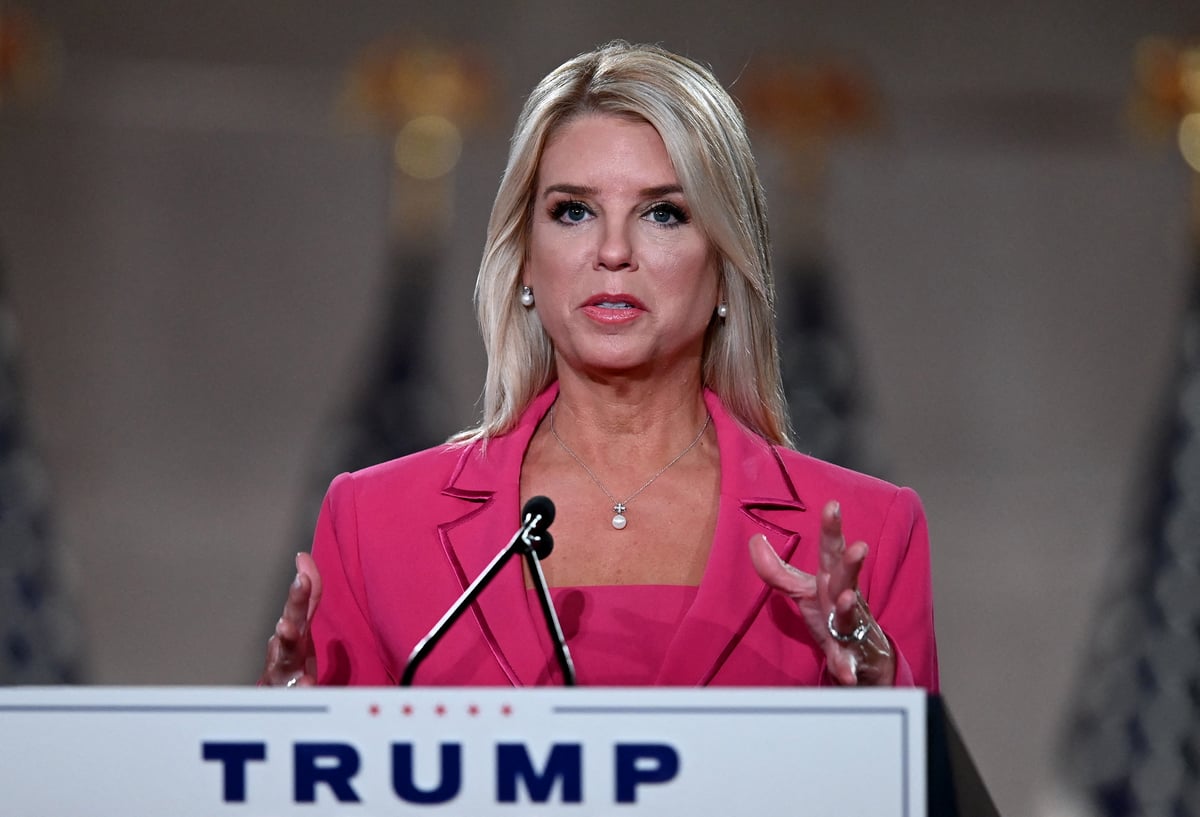 Pam Bondi Accused Of Hiding Epstein Records Senate Democrats Speak Out
May 10, 2025
Pam Bondi Accused Of Hiding Epstein Records Senate Democrats Speak Out
May 10, 2025 -
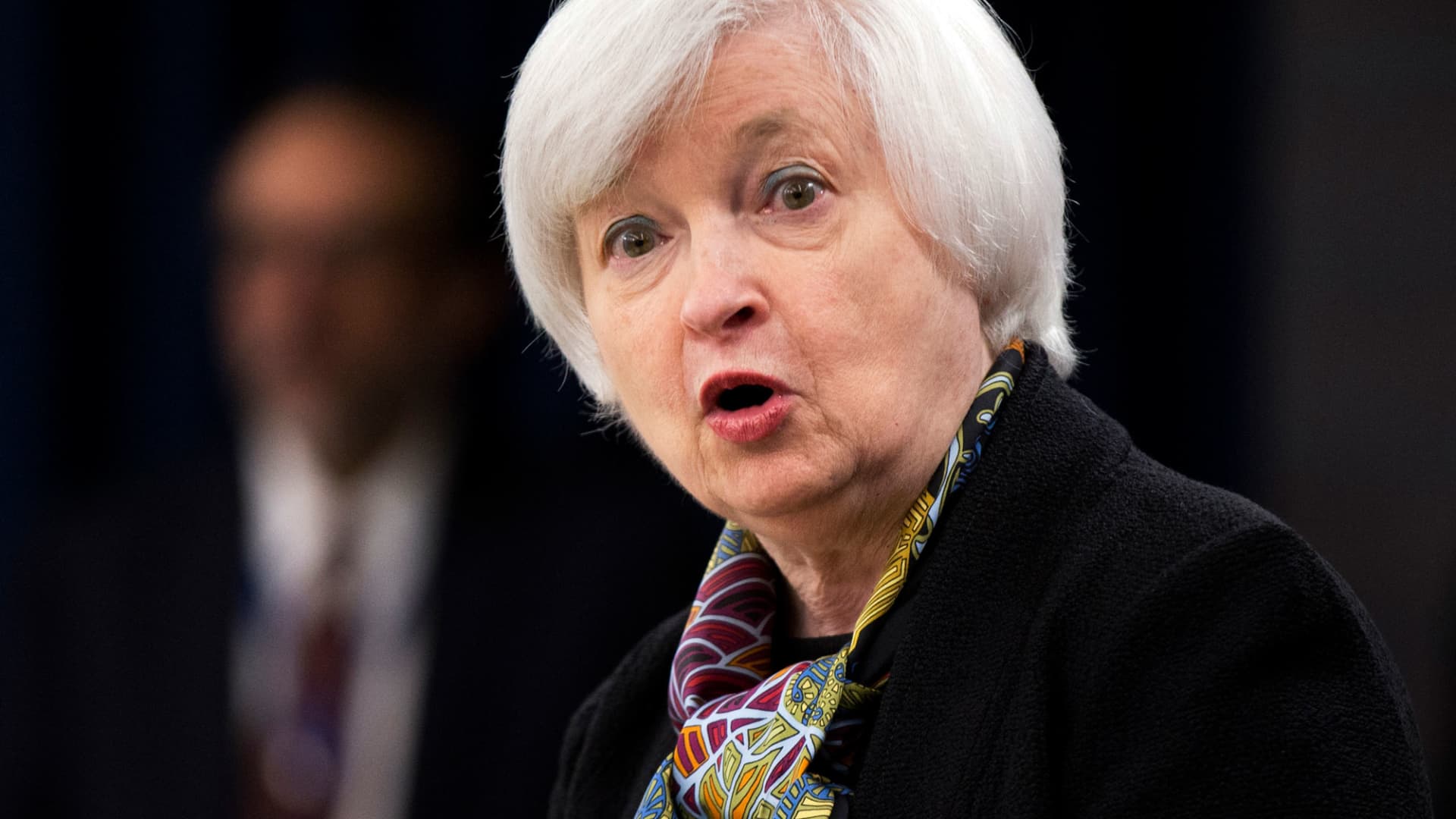 U S Federal Reserve Rate Decision Economic Uncertainty And Policy Implications
May 10, 2025
U S Federal Reserve Rate Decision Economic Uncertainty And Policy Implications
May 10, 2025 -
 U S And China Seek Trade De Escalation In Crucial Talks
May 10, 2025
U S And China Seek Trade De Escalation In Crucial Talks
May 10, 2025 -
 Suncor Production Hits Record High Amidst Inventory Build And Sales Slowdown
May 10, 2025
Suncor Production Hits Record High Amidst Inventory Build And Sales Slowdown
May 10, 2025
